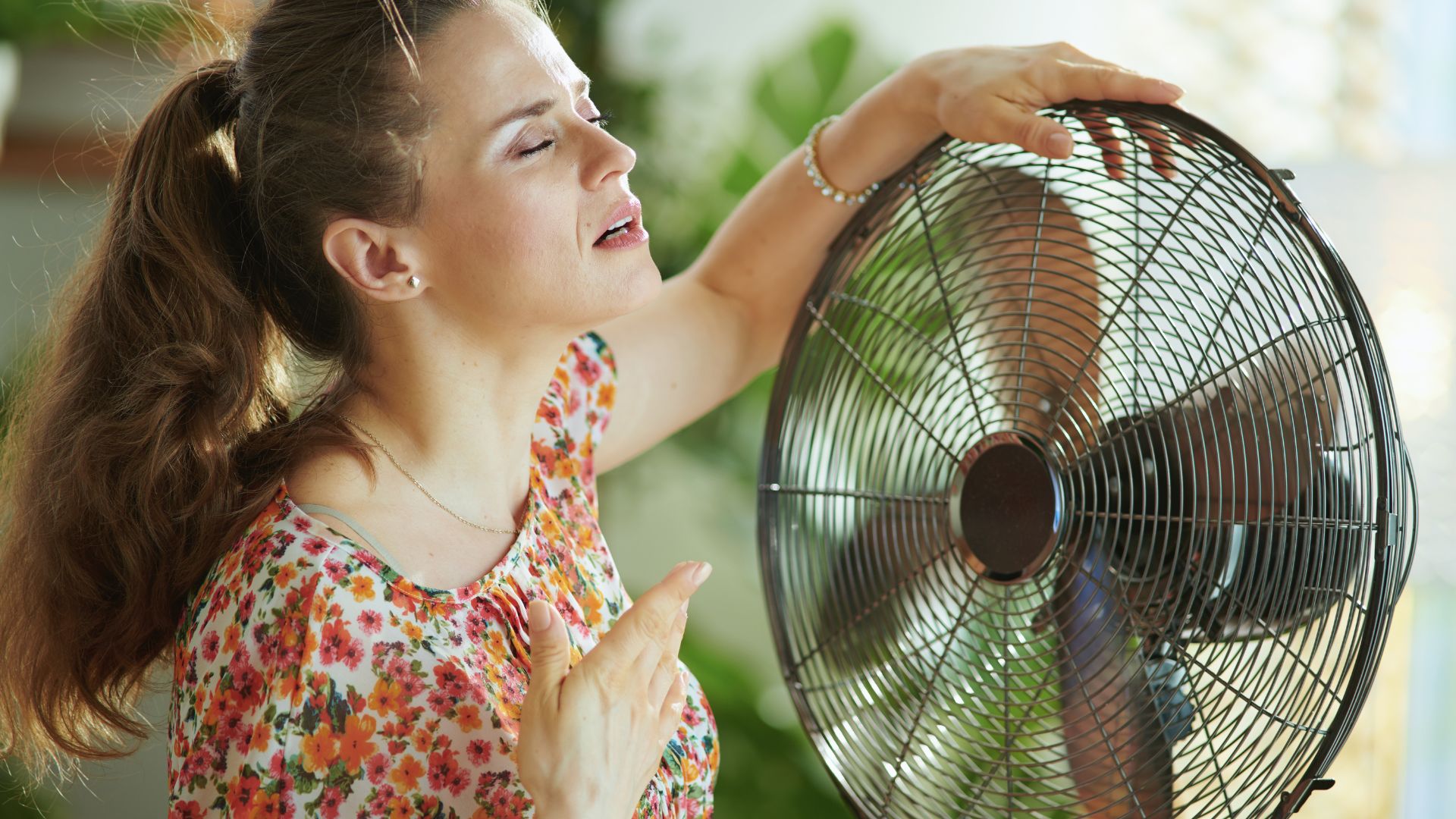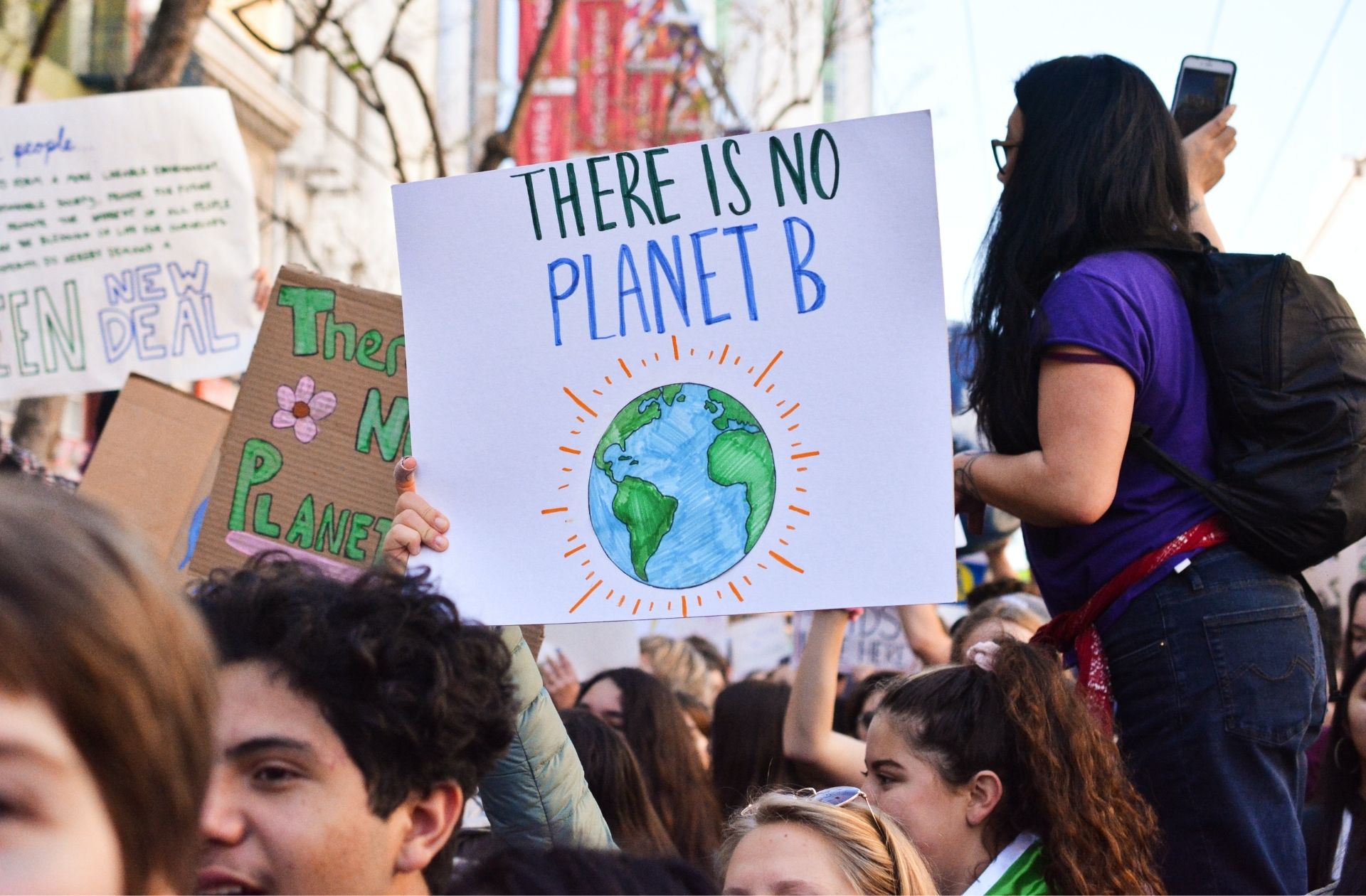As water supplies dwindle and drought follows one another, some feel the psychological consequences of these periods.
If the impact is evident on our resources, it must also be measured on mental health. Like Antoine Pelissolo, department head of the CHU Henri-Mondor de Créteil, interviewed by Info France, episodes of intense heat remind us of the imminence of climate change and are therefore by extension creators of stress and eco-anxiety:
” We see waves of people struggling to project themselves into a future that looks increasingly bleak. The first blow is a stress blow, a shock, but some will also enter a kind of tunnel of anxiety, anguish and sometimes even depression when there is a loss of hope. “
Eco-anxiety refers the discomfort of some people in the face of climatic upheavals and the prospect of collapse.
This observation is confirmed by numerous studies. According to the popular science website American scientist, the recent exceptional heat waves observed have fueled anxiety for the environment. People were interviewed before and after being hit by scorching temperatures in the spring of 2021 in British Columbia, western Canada. The results show a significant increase in anxiety after the heat wave. “Most of the participants said they were ‘quite’ or ‘much more’ concerned about climate change than before the disaster. “
Will the current heat wave in France have the same effects?

Young people particularly affected by eco-anxiety
The 20-30 year olds are particularly affected by the phenomenon of eco-anxiety. How to explain it? In an interview with National Geographic Published in 2020, Véronique Lapaige, a Belgian-Canadian public health and mental health researcher who conceptualized the term “eco-anxiety” in 1996, recalled precisely why eco-anxiety is most observed in this age group. :
“Younger people are bombarded with a lot of dramatic information that they haven’t had time to gradually get used to. They therefore feel them much more violently.
In addition, older people have already made their lives, they have a family, a job. I am able to take this information out of context much easier and focus on other things to avoid thinking about the disaster to come. This is less true for young people. ”
Eco-anxiety has consequences: it can trigger a brake or motivation for some important decisions, such as choosing a profession, or the prospect of starting a family. For Veronique Lapaige, It is important to see eco-anxiety not just as a “problem”but also “As an engine to change things”.
Eco-anxiety can indeed have a paralyzing effect. It is therefore a question of not falling into denial, saying that everything will be fine and that everything will be resolved, but of finding levers of action to try to control the impact of the continuous flow of anxiety-causing information around you.

Photo credit: Maes Josephine via Unsplash
Source: Madmoizelle
Lloyd Grunewald is an author at “The Fashion Vibes”. He is a talented writer who focuses on bringing the latest entertainment-related news to his readers. With a deep understanding of the entertainment industry and a passion for writing, Lloyd delivers engaging articles that keep his readers informed and entertained.




